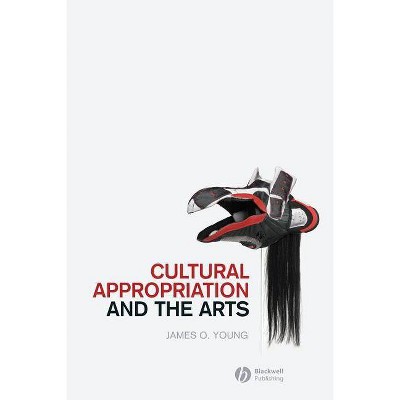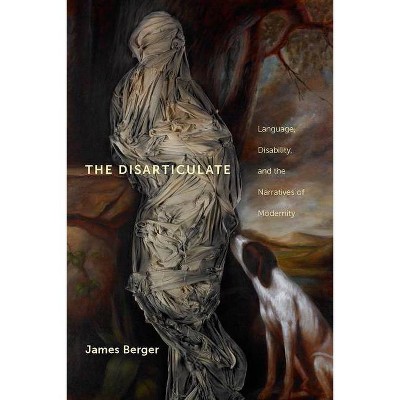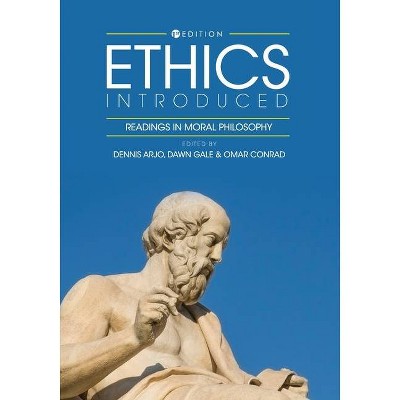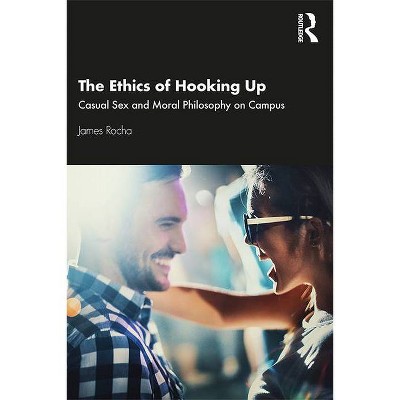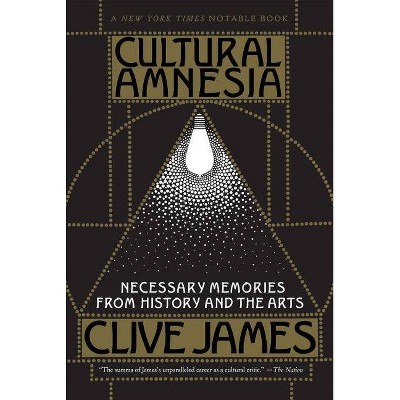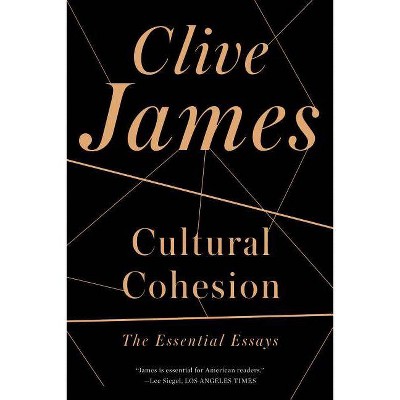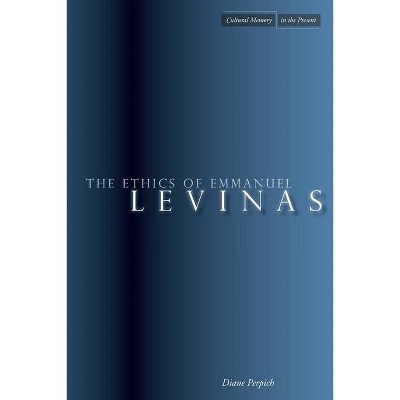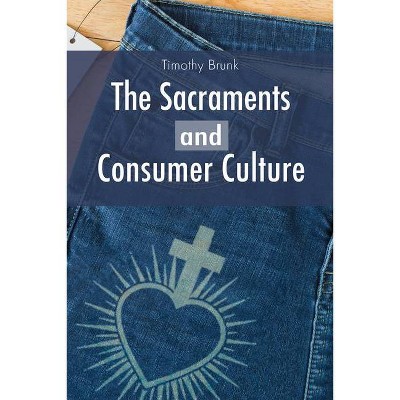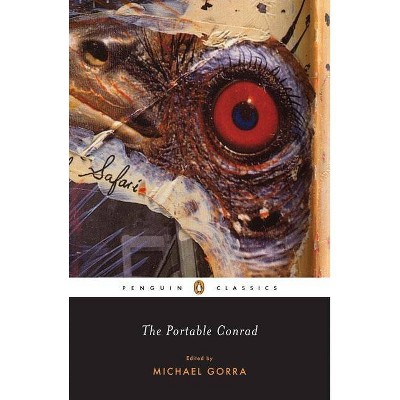The Ethics of Cultural Appropriation - by Conrad G Brunk & James O Young (Paperback)
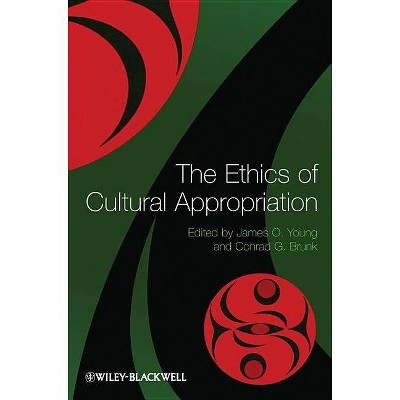
Similar Products
Products of same category from the store
AllProduct info
<p/><br></br><p><b> Book Synopsis </b></p></br></br><i>The Ethics of Cultural Appropriation</i> undertakes a comprehensive and systematic investigation of the moral and aesthetic questions that arise from the practice of cultural appropriation. <br /> <ul> <li>Explores cultural appropriation in a wide variety of contexts, among them the arts and archaeology, museums, and religion</li> <li>Questions whether cultural appropriation is always morally objectionable</li> <li>Includes research that is equally informed by empirical knowledge and general normative theory</li> <li>Provides a coherent and authoritative perspective gained by the collaboration of philosophers and specialists in the field who all participated in this unique research project</li> </ul><p/><br></br><p><b> From the Back Cover </b></p></br></br>Cultural appropriation is a pervasive feature of today's world. Whether it occurs within a country or across nations, it arises in every facet of a multicultural society. It can take many forms--from incorporating African-American musical styles to assimilating religious practices of indigenous peoples. And because it is usually seen as being inextricably bound with the oppression of minority cultures, the topic itself is often controversial and inspires passionate debates. But is cultural appropriation always morally objectionable? And are there instances where it might also be benign--or even beneficial?<br /> <p><i>The Ethics of Cultural Appropriation</i> undertakes a comprehensive and systematic investigation of the moral and aesthetic questions that arise from the practice of cultural appropriation. With sensitivity and rigorous empirical research, this groundbreaking work brings together a team of leading philosophers and experts in the social sciences to examine the ethics of cultural appropriation in its various guises: the arts and archaeology, museums, genetics, ecological knowledge, religion, and more.</p><p/><br></br><p><b> Review Quotes </b></p></br></br><br>There are several characteristics that make this collection of essays an admirable endeavour: the breadth of questions and disciplines covered - music, arts, archaeology, genetics, religion, ethnobiology - in an interdisciplinary dialogue moderated by philosophers; the passionate engagement of the authors with the ethics of appropriation of subaltern cultures by dominant Western cultures; the incisiveness of the debates over each theme discussed (one author debating with another before giving his/her own point of view in the shape of an individual article); the soundness of theoretical arguments and the stunning and provocative examples debated. (Journal of the Royal Astronomical Institute, 2011)<br /><br><p/><br></br><p><b> About the Author </b></p></br></br><b>James O. Young</b> is Professor of Philosophy at the University of Victoria. He has published more than 40 journal articles on the philosophy of language and the philosophy of art and is the author of <i>Global Anti-realism</i> (1995) and <i>Art and Knowledge</i> (2001) and <i>Cultural Appropriation and the Arts</i> (Wiley-Blackwell, 2008). <p><b>Conrad G. Brunk</b> is Emeritus Professor of Philosophy and former Director of the Centre for Studies in Religion and Society at the University of Victoria. He is the author of numerous articles and texts on ethical issues relating to technology, the environment, law, and professional practice. Dr. Brunk consults regularly for governments and international organizations on environmental and health risk management and technology policy issues.</p>
Price History
Cheapest price in the interval: 38.99 on November 8, 2021
Most expensive price in the interval: 39.99 on October 27, 2021
Price Archive shows prices from various stores, lets you see history and find the cheapest. There is no actual sale on the website. For all support, inquiry and suggestion messagescommunication@pricearchive.us
